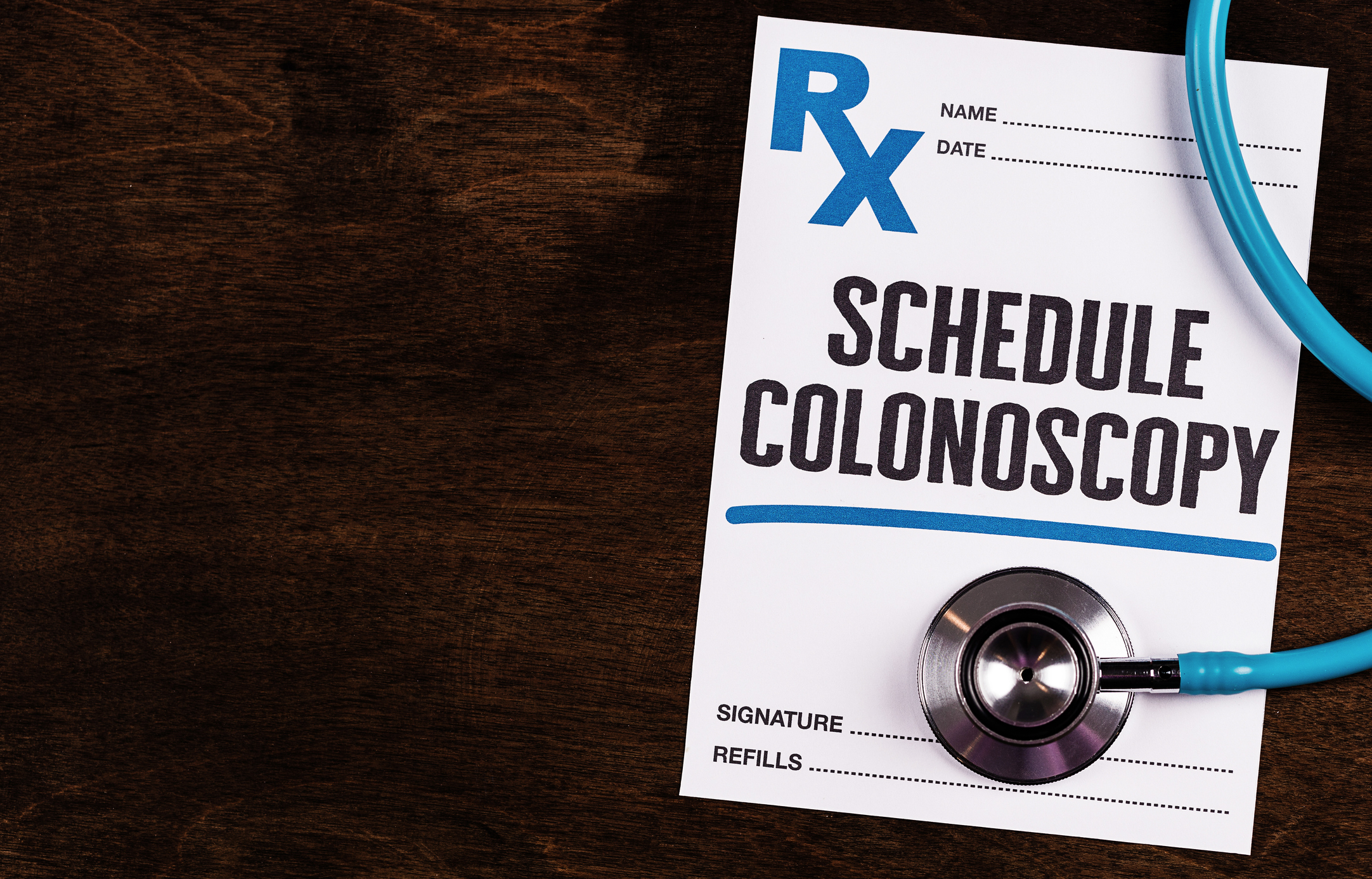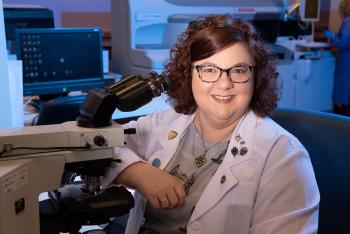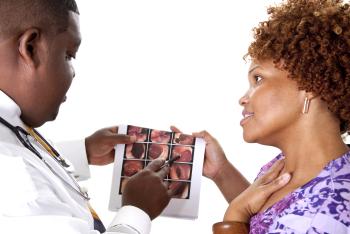Inspira Health is featured in a national colorectal cancer care report issued by Fight Colorectal...
Read More

Colorectal cancer is a potentially fatal disease affecting millions of people around the world. Although it can be deadly, early detection and treatment can significantly improve the chances of survival. Understanding this disease and its early symptoms can help you know when to talk to your doctor.
“When colorectal cancer develops, it usually starts as an uncontrolled growth, or polyp, on the inner lining of the colon or rectum,” said Peter J. Senatore, Jr., M.D., director of the Rectal Cancer Program at Inspira Health. “These polyps have the potential to become cancerous and can eventually spread to other parts of the body if left untreated.” Here are some of the early symptoms of colorectal cancer that you should be aware of:
1. Changes in bowel habits
A persistent change in bowel habits lasting longer than a few days is one of the most common early symptoms of colorectal cancer. These may include diarrhea, constipation or a change in stool consistency, color, size or shape.
2. Abdominal discomfort
“Abdominal pain that doesn’t go away, such as cramping, bloating or gas, may indicate colorectal cancer,” said Dr. Senatore. “Tenesmus, a condition characterized by a feeling of being unable to empty your bowels, is another possible early symptom.”
3. Blood in the stool
One of the most noticeable symptoms of colorectal cancer is blood in the stool. It may appear bright red, but it can also look dark and tarry.
4. Fatigue and weakness
Colorectal cancer can cause fatigue and weakness, even if you get enough rest. If you experience persistent exhaustion that disrupts your daily life, talk to your doctor because it may be a warning sign.
5. Unexplained weight loss
If you’re losing weight without trying to, it could be a sign of colorectal cancer. In most cases, this symptom accompanies other symptoms, such as changes in bowel habits or abdominal discomfort.
“In most cases, colorectal cancer can develop and grow without symptoms. Symptoms can often be an indication that the disease has progressed to an advanced stage,” said Dr. Senatore. “This is why we encourage regular screenings, which can help diagnose colorectal cancer in early stages, while it’s more easily treatable and even curable. Regular cancer screenings are essential for early detection and treatment.”
According to the American Cancer Society, people at average risk of colorectal cancer should start getting regular screenings at age 45. People with a personal or family history of colorectal cancer, inflammatory bowel disease or a history of radiation treatment in the pelvic area or abdomen should talk to their doctor about the best time for them to start screening.
Learn more about your options for colorectal cancer screening. You may be eligible for free cancer screenings through Inspira’s NJCEED program.
Inspira Health is a high reliability organization (HRO), which means safety is the top priority for patients and staff. To make an appointment, call 1-800-INSPIRA.

Inspira Health is featured in a national colorectal cancer care report issued by Fight Colorectal...
Read More
Inspira doctor shares how a balanced gut microbiome can be your ally in the prevention and early...
Read More
Colorectal cancer, the second deadliest cancer in the United States, disproportionately affects the...
Read More
The material set forth in this site in no way seeks to diagnose or treat illness or to serve as a substitute for professional medical care. Please speak with your health care provider if you have a health concern or if you are considering adopting any exercise program or dietary guidelines. For permission to reprint any portion of this website or to be removed from a notification list, please contact us at (856) 537-6772